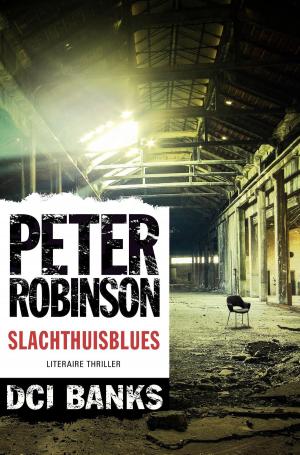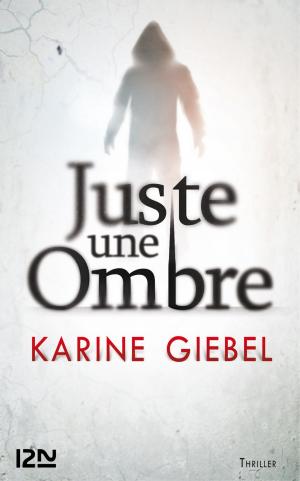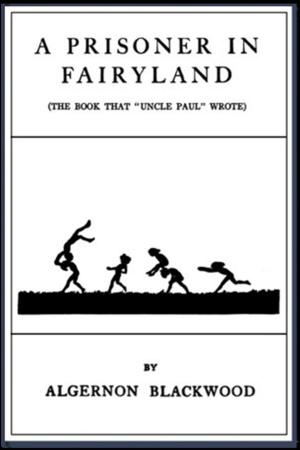| Author: | Milan Zagorac | ISBN: | 9781370684373 |
| Publisher: | Milan Zagorac | Publication: | July 29, 2016 |
| Imprint: | Smashwords Edition | Language: | English |
| Author: | Milan Zagorac |
| ISBN: | 9781370684373 |
| Publisher: | Milan Zagorac |
| Publication: | July 29, 2016 |
| Imprint: | Smashwords Edition |
| Language: | English |
Franka, after her divorce, starts her new life with next to nothing—not even the MILF status, which implies being a mom. When she pulls some strings to get a job as a night receptionist at a relatively classy hotel, she expects a quiet time, but learns of what seems, at first, just an urban legend: A woman disappeared from the hotel, and her ghost lingers. Against her will, Franka becomes consumed with the story and begins to investigate. Soon, she’s physically and mentally exhausted from the night shift, immersed in old horror movies she watches on the job, and relies increasingly on ominous dreams. It seems as though only a miraculous pill could solve all her problems.
The “pill” starts working as Franka makes a series of surprising discoveries, both about the fate of the missing Mirjana Sandalić and about herself. Her journey to understanding leads through a limbo beset with hallucinations, so that in the moment of catharsis she faces the question of why she’s undertaken it in the first place.
The real protagonists of the Devil’s Passage are loneliness and abandonment, which Milan Zagorac conjures in a compelling drama with elements of psychological thriller and horror. Through the character of Franka, a disenchanted translator, the novel addresses many failings of contemporary life, casting a sharp critical eye on the emptiness, isolation, latent violence and corruption permeating it. Issues are raised of the alienation of art from consumers and artists and that in male-female and even female-female relationships (including an ambiguous lesbian affair) as we learn about the dark side of the hotel business and sparsely visited literary promotions. All of it is seen in the mirror of Franka’s fragmented psyche, which offers a possible, haunting view of the female experience.
Franka, after her divorce, starts her new life with next to nothing—not even the MILF status, which implies being a mom. When she pulls some strings to get a job as a night receptionist at a relatively classy hotel, she expects a quiet time, but learns of what seems, at first, just an urban legend: A woman disappeared from the hotel, and her ghost lingers. Against her will, Franka becomes consumed with the story and begins to investigate. Soon, she’s physically and mentally exhausted from the night shift, immersed in old horror movies she watches on the job, and relies increasingly on ominous dreams. It seems as though only a miraculous pill could solve all her problems.
The “pill” starts working as Franka makes a series of surprising discoveries, both about the fate of the missing Mirjana Sandalić and about herself. Her journey to understanding leads through a limbo beset with hallucinations, so that in the moment of catharsis she faces the question of why she’s undertaken it in the first place.
The real protagonists of the Devil’s Passage are loneliness and abandonment, which Milan Zagorac conjures in a compelling drama with elements of psychological thriller and horror. Through the character of Franka, a disenchanted translator, the novel addresses many failings of contemporary life, casting a sharp critical eye on the emptiness, isolation, latent violence and corruption permeating it. Issues are raised of the alienation of art from consumers and artists and that in male-female and even female-female relationships (including an ambiguous lesbian affair) as we learn about the dark side of the hotel business and sparsely visited literary promotions. All of it is seen in the mirror of Franka’s fragmented psyche, which offers a possible, haunting view of the female experience.















